The research focuses on cosmetic surgery in Tehran, Iran, where physical beauty has become a valuable form of social capital in a media-saturated consumer society.
Despite economic challenges and political tensions, cosmetic surgery has flourished in Iran, particularly for rhinoplasty (or ‘nose jobs’). This is a paradox, as there are strict religious and political regulations on appearance, particularly for women, while the demand for cosmetic surgery is increasing. This PhD project by Narges Pirhayati explores the implications of cosmetic surgery within the sociocultural dynamics of Iran, particularly in relation to different forms of inequality. Through three case studies, the research will analyze medical clinics, cosmetic surgeons’ Instagram pages, and people’s everyday beauty practices in Tehran. Various research methods including interviews, ethnographic research, observation, and media analysis will be used to gain a comprehensive understanding of the cultural and social aspects of cosmetic surgery in Tehran and its relationship to inequality.
Tehran is an ideal case to study the relationship between beauty, cosmetic surgery and inequality because of its socio-economic diversity, gender dynamics, media and cultural influences, access to cosmetic surgery services and the intersection of cultural norms and values. In addition, the presence of social divisions, including religious, political, class, gender, and ethnic differences, coupled with Iran’s economic challenges, make Tehran a unique and relevant setting for exploring the complex interplay between beauty practices and various forms of inequality.

We'd love to hear from you
We will be glad to share some of our experience with you. Don’t hesitate to drop us a line!
